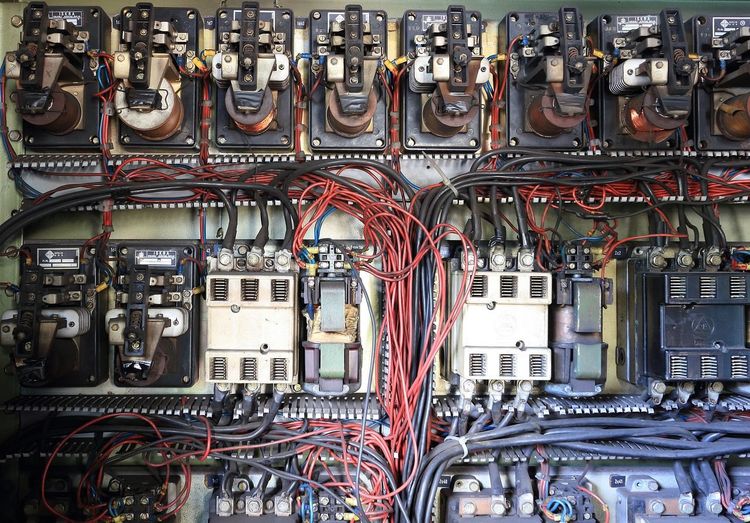Here are this week's most popular stories on artificial intelligence:
1. **AI IQ: Asking the Right Questions in AI Deployments**
Welcome to **AI IQ**, a new column by Seth Dobrin, founder and CEO of Qantm AI, and former chief AI officer at IBM. A pivotal mistake many organizations make when assessing emerging technologies—especially generative AI—is concentrating solely on the technology's capabilities. It's easy to be swept away by the hype surrounding innovative tools without taking a moment to consider how they align with overarching business goals and strategies. Companies must ask the right questions to determine how generative AI can directly address their present challenges and capitalize on specific opportunities.
The appeal of generative AI is well-founded; it offers significant advantages such as natural language interactions, the ability to generate creative content like blogs and images, transforming disorganized data into valuable knowledge, automating software creation via natural language, and enhancing interactions among customers, employees, and partners. A strategic focus on applicable use cases ensures that businesses can effectively navigate the evolving AI landscape.
2. **Nvidia Upgrades Its Flagship AI Chip as Rivals Circle**
Nvidia has announced a significant upgrade to its flagship AI chip—the H100—gearing up to maintain its leadership position in the GPU market amid increasing competition. The new H200 chip will feature high bandwidth memory (HBM3e), optimized for handling colossal datasets critical for generative AI and other demanding AI computing tasks.
The H200 is touted as the first GPU to support HBM3e, boasting 141GB of memory with an impressive throughput of 4.8 terabytes per second. This upgrade nearly doubles the memory capacity and provides 2.4 times the bandwidth compared to its predecessor, the A100, which has 120GB of memory. According to Nvidia, the H200 will significantly enhance inference speed, achieving nearly double the performance on Meta's 70 billion-parameter Llama 2 large language model compared to the H100, with additional software updates promising further enhancements.
3. **AI Startup Roundup: AV Startup Secures Notable OpenAI Backing**
Ghost Autonomy, a San Francisco-based startup, is at the forefront of revolutionizing self-driving technology with its innovative software solution aimed at navigating the most challenging aspects of autonomous driving—complex situations and unexpected encounters. By integrating multimodal large language models (LLMs), Ghost Autonomy seeks to achieve the 'Holy Grail' of self-driving cars.
4. **New Chip Designs to Enhance AI Workload Processing**
Innovative chip designs are on the brink of transforming the landscape of AI by optimizing the processing of generative workloads. As the demand for machine learning rises, addressing the unique requirements of AI and ML workloads—both in hardware and software—is of utmost importance. Siddharth Kotwal, Global Head of Nvidia Practice at Quantiphi, emphasized this need, underscoring the potential of developing specialized AI accelerators and GPUs to meet the distinct demands of enterprises.
While general-purpose microprocessors from companies like Intel and AMD deliver robust performance across a wide range of applications, custom-designed chips tailored for AI applications can yield superior performance and improved energy efficiency. Professor Ben Lee from the University of Pennsylvania's Penn Engineering asserts that such domain-specific solutions can significantly enhance the effectiveness of AI initiatives.
5. **Insights from Schneider Electric's Chief AI Officer on Custom ChatGPT Solutions**
Schneider Electric is harnessing Microsoft’s Azure OpenAI platform to create chatbot solutions designed to boost productivity and enhance customer interactions. Among the AI tools developed are Resource Advisor Client for data analysis and decision support, Jo-Chat GPT as an internal conversational assistant, and Knowledge Bot to assist customer care representatives.
In an exclusive interview, Philippe Rambach, Chief AI Officer at Schneider Electric, shared insights into how the company integrated these AI tools and offered strategic advice for implementing generative AI projects effectively at scale.







